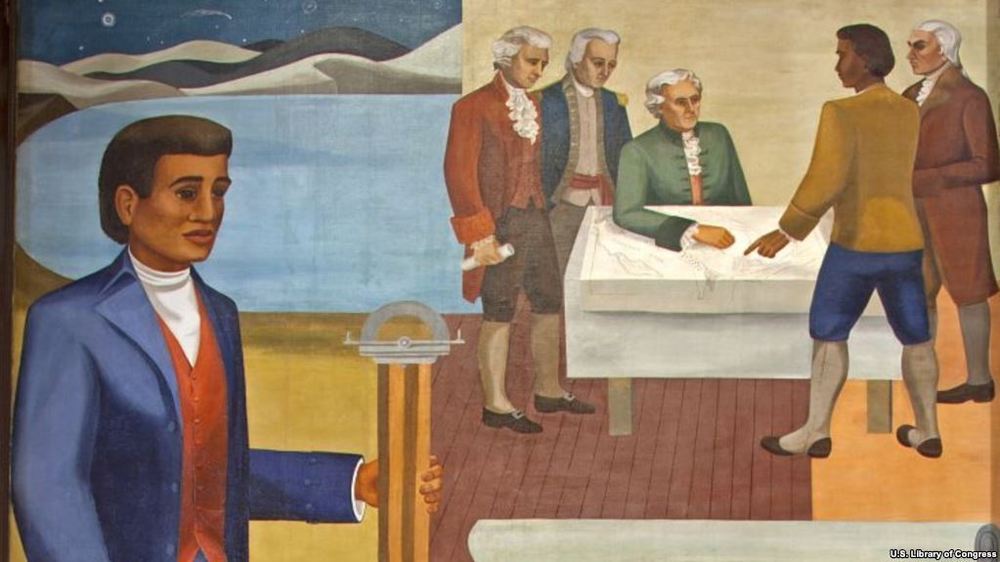CELEBRATING BLACK HISTORY MONTH
AFRICAN-AMERICAN INVENTORS
Benjamin Banneker (November 9, 1731 – October 9, 1806) was a free African American almanac author, surveyor, naturalist, and farmer. Born in Baltimore County, Maryland, to a free African American woman and a former slave, Banneker had little formal education and was largely self-taught. He is known for being part of a group led by Major Andrew Ellicott that surveyed the original borders of the District of Columbia, the federal capital district of the United States.
In the Stevie Wonder song “Black Man,” the Motown marvel sings of Benjamin Banneker: “first clock to be made in America was created by a black man.” Though the song is a fitting salute to a great inventor (and African Americans in general), it only touches on the genius of Banneker and the many hats he wore – as a farmer, mathematician, astronomer, author and land surveyor.
He worked on the family tobacco farm and received some early education from a Quaker school. But most of his advanced knowledge came from reading, reading and more reading. At 15 he took over the farm and invented an irrigation system to control water flow to the crops from nearby springs. As a result of Banneker’s innovation, the farm flourished – even during droughts.
But it was his clock invention that really propelled his reputation. Sometime in the early 1750s, he borrowed a pocket watch from a wealthy acquaintance, took the watch apart and studied its components. After returning the watch, he created a fully functioning clock entirely out of carved wooden pieces. The clock was amazingly precise, and would keep on ticking for decades. As the result of the attention his self-made clock received, Banneker was able to start up his own watch and clock repair business.
